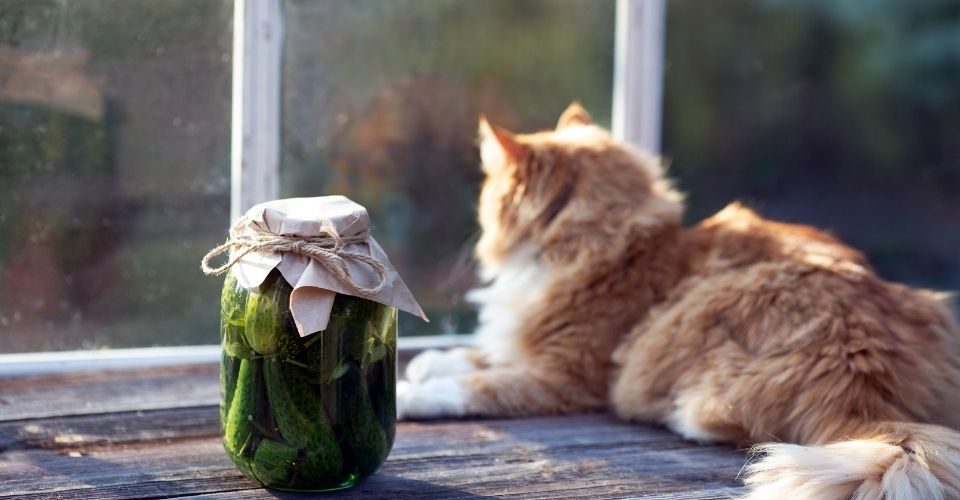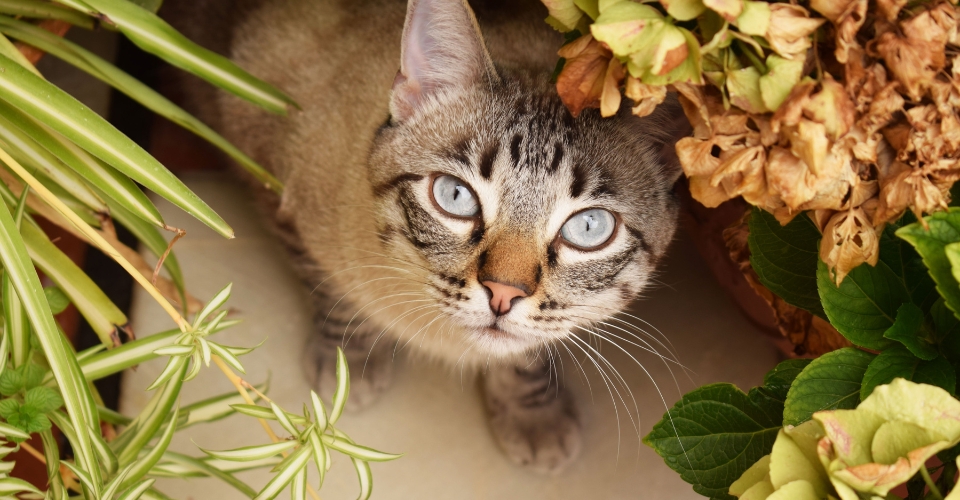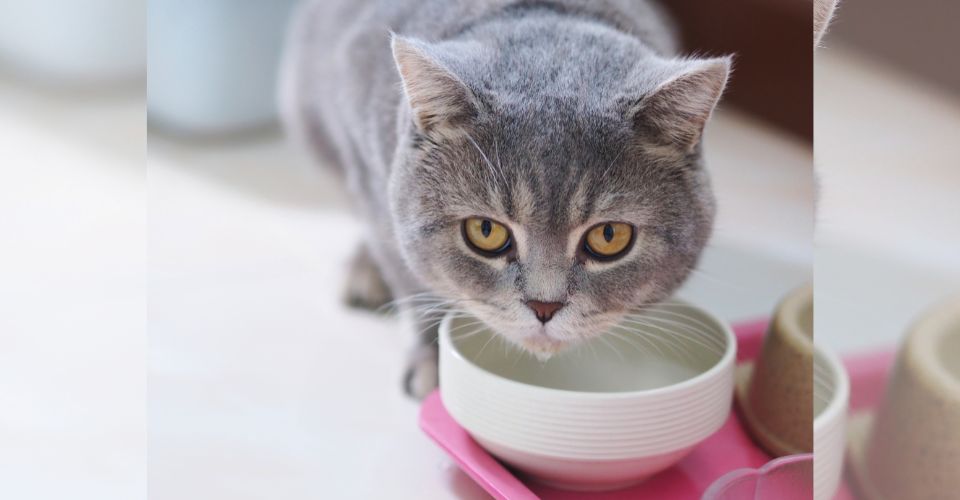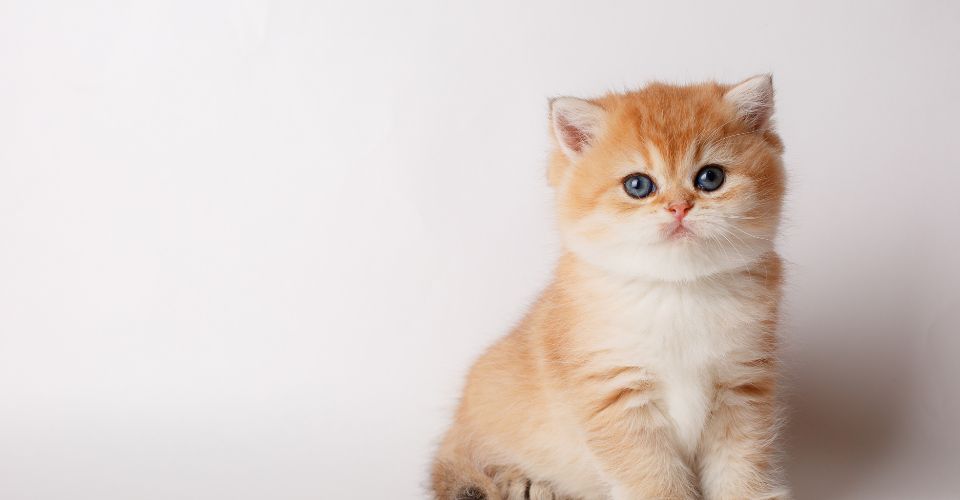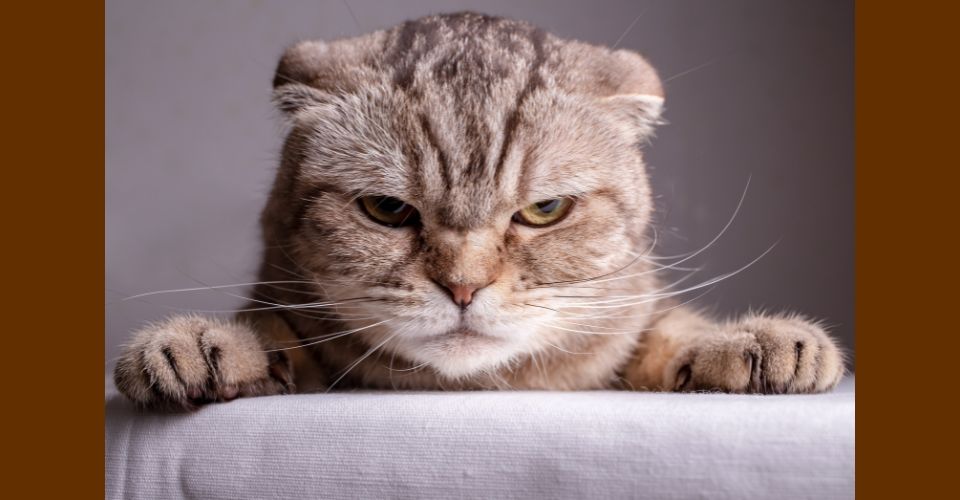Pickles are great. Everyone loves them.
Okay, that’s a bit of a stretch—some people hate pickles. But we guess the number of people who love pickles is far greater than those who may hate it. Why else would they put pickles in almost every ready-made sandwich and serve it with burgers?
What about you? Do you love or hate pickles? In both cases, you may get the temptation to share it with your feline friend. If you love it, you may want to share the glorious taste of pickle with your cat. If you hate pickles, you might think, why waste them? Why not give pickles to your cat that has been staring and pawing at your leg, asking for a deli? But can cats eat pickles? What about dill? Can cats eat dill?
Cats and Pickles
Cats love to eat. Not only their cat food, but they also want to taste everything you put in your mouth. So if you are enjoying some pickles and your furry friend is around, chances are she will start meowing at you:
“Pickle! Seems tasty! Give me some.”
You must be tempted to give it to your cat. But the thought, “can cats eat pickles? Is it safe for them?” may stop you from throwing a piece of pickle to your cat.
You did the right thing. Here is why.
Cats are different from humans, and so are their nutritional needs. Many things are safe for humans to eat but are dangerous for cats, such as wild mushrooms, oranges, garlic, onion, and chocolate. So the best practice is to always contact your vet before sharing any human food with your pet. The vet may suggest better alternative human foods that make a great treat for cats, such as avocado, watermelon, mango, spinach, etc.
Before we discuss can cats eat pickles, we should know if cats can eat cucumber or not.
Can Cats Eat Cucumbers?
Yes, cats can eat cucumbers. In fact, Pets WebMD suggests that we offer our cats freshly cut cucumber every now and then. Cucumbers have a water content of around 95%, so it helps our cats stay hydrated. On top of that, it has to offer many useful elements such as potassium, magnesium, beta-carotene, vitamin K, and copper that are very beneficial for the good health of our feline friends.
Read: Can Cats Eat Honey?
Lower in calories, around 15 kcal per 100-gram serving, cucumbers make a great treat for overweight cats. Just as with other human foods, while feeding cucumbers to your cat, you should keep in mind that moderation is the key.
Can Cats Eat Pickles?
No, cats should not eat pickles.
You must be wondering why cats can have cucumbers but not pickles, which are mostly made of cucumbers. Well, cucumbers converted into pickles are not cucumbers anymore. Where cucumbers are plain and tasteless, pickles are not. Pickles have a very strong and rich taste—salty to sour and sweet.
Read: Can Cats Eat Spinach?
What Makes Pickles Bad For Cats?
We know that it is not the cucumbers that are detrimental to our cats’ health. If it’s not the cucumber, then what is making pickles bad for cats?
Well, the problem lies in the pickling process.
Too Much Salt
The primary issue with pickles is their salt content.
No doubt, cats require some amount of sodium in their diet to stay in shape, but the amount of salt in pickles is way too much. Where cats are not supposed to have more than 42 milligrams of salt per day, a small piece of pickle of 37 grams contains 324mg of sodium, which is approximately eight times the amount of salt required by cats, according to NutritionData. This amount of salt can be deadly for cats. Therefore, we are advised to keep pickle jars away from our feline friends.
Where humans can easily process salt, our four-legged friends cannot. Pet Poison Helpline warns cat owners about salt poisoning in cats. Salt is toxic not only to cats but also to their canine cousins. If a cat consumes a pickle that is too salty, she may develop signs of salt poisoning such as vomiting, little to no eating, insatiable thirst, and lethargy.
In extreme cases, a cat may experience seizures, tremors, coma, and sometimes, death.
Garlic and Onion are Toxic to Cats
On top of the salt content of pickles, they also contain seasonings like garlic and onions that are classified as toxic to pets, including cats, by the American Society for the Prevention of Cruelty to Animals (ASPCA). Consuming garlic and onions can be fatal for cats and lead to the development of signs of sickness, such as vomiting, hemolytic anemia, blood in urine, weakness, increased heartbeat, and panting (yes, cats pant).
So bear in mind that pickles and anything seasoned with garlic and onions should never be fed to a cat.
Can Cats Eat Homemade Pickles?
So cats cannot eat pickles as there is high content of salt and onions and garlic seasoning. But what if we make pickles at home without using the stuff that is harmful to cats? What if we do not add salt to it and avoid using onion and garlic as well? Would that homemade pickle be okay for cats?
This could be acceptable as vinegar is okay for cats. So as long as you are not using salt, onion, and garlic, you are allowed to share pickles with your cat. Still, while feeding homemade pickles to cats, you should not forget that cats are obligate carnivores. Essentially, they need meaty proteins to survive and thrive. Therefore, you should not make pickle an integral part of your cat’s routine diet.
Other than vinegar, salt, onion, and garlic, people often add dill to pickles. So let’s discuss it as well. Is dill safe for cats and can cats eat pickle that contains dill?
Can Cats Eat Dill?
Yes, cats can eat dill as it has been classified as non-toxic to cats by ASPCA. So if you are making pickles without salt, onion, and garlic, you can go ahead and add some dill to them. It will be safe for your cat to eat. However, you should remember that dill does not have many nutritional benefits to offer to our feline friends.
If your cat seems to have developed a penchant for dill or other leafy greens, you can consider growing cat grass, a safe and healthy alternative.
What to Do if Cat Has Eaten Pickle?
There is nothing to worry about if your cat has eaten a piece or two of the homemade non-salted pickles that are lacking any onion or garlic seasoning. But what if your cat has eaten salted store-bought pickles that may contain onion and garlic seasoning?
Cats are not big fans of vinegar, so most cats will not touch a pickle jar even if it is sitting right in front of them. But cats can be mischievous at times. So if your cat seems to have eaten a piece or two of pickle, you should immediately ring your vet. He or she will know exactly what to do: Whether you need to bring your cat in for treatment or would she be fine.
You should also get vigilant of your cat for immediate signs of sickness. Your cat may exhibit signs of salt poisoning or signs of onion and garlic toxicity.
Read: Can Cats Eat Avocado?
The Final Verdict: Can Cats Eat Pickles?
No, cats cannot eat pickles as they have a high content of salt and seasonings like onion and garlic, both classified as toxic to cats. However, vinegar and dill are not toxic to cats. If you are making non-salted pickles at home and not adding any onion or garlic in it, you can go ahead and share them with your cat.
Now that you have learned ‘can cats eat pickles or not,’ you may want to look at other human foods that are safe for cats.
Find out what other foods cats can eat or not eat:

